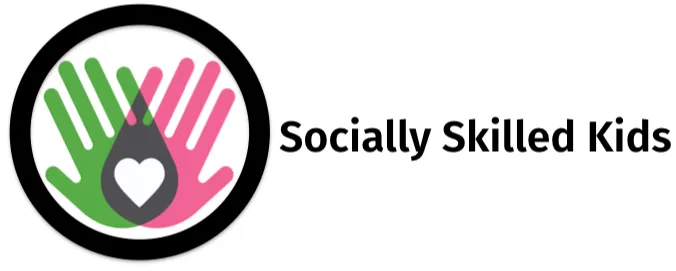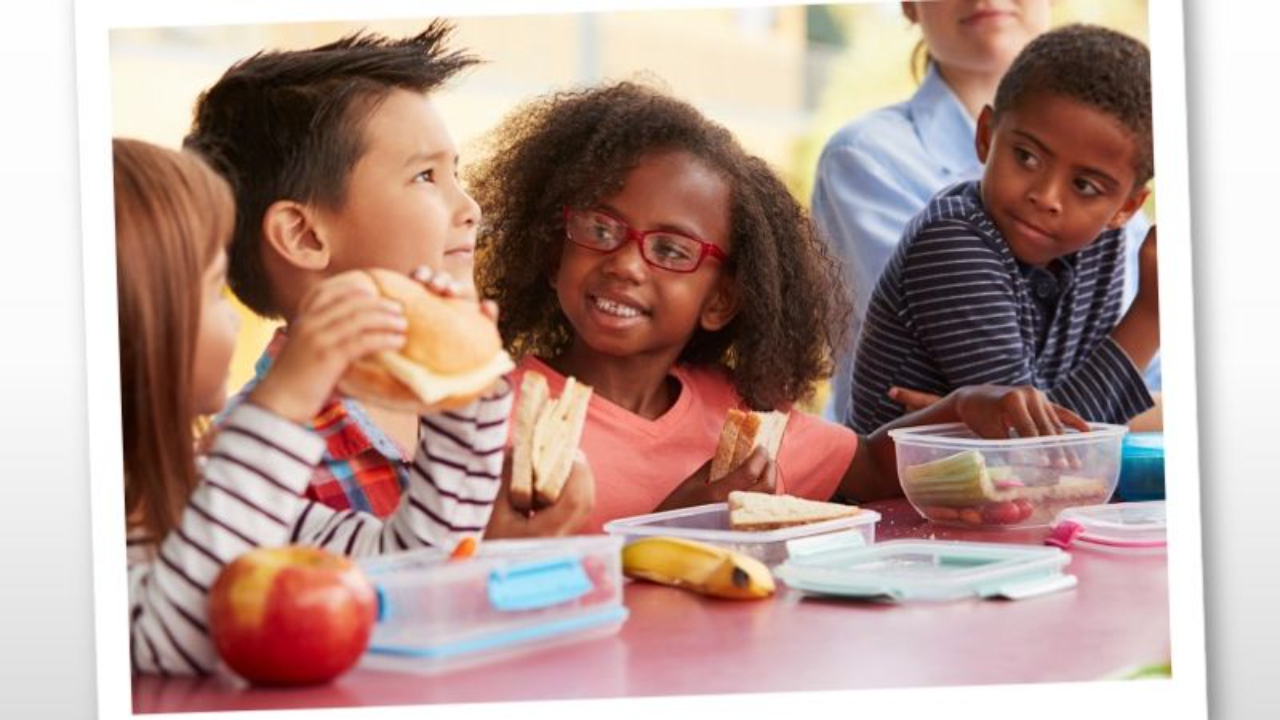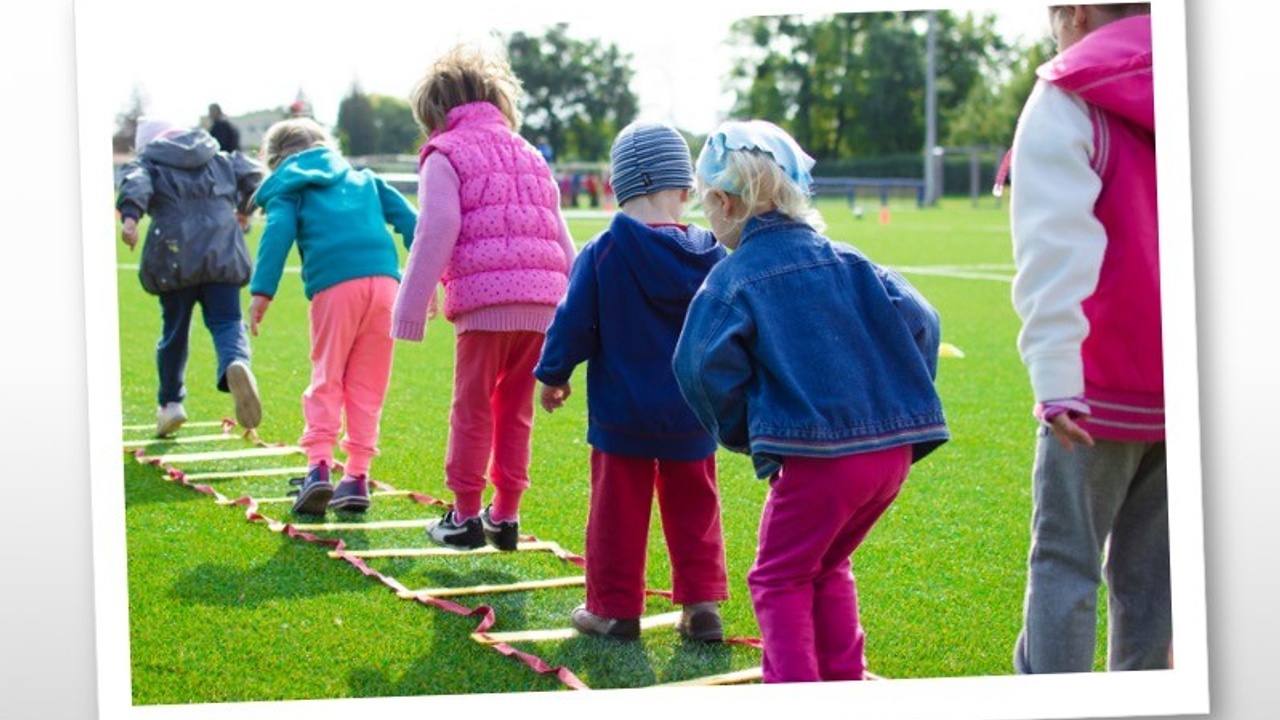The Socially Skilled Kids Blog
Teaching Teamwork and Cooperation Skills to Students
Jul 16, 2020
Convincing Students, It's Okay to Make Mistakes
Jul 15, 2020
6 Life Skills I Forgot to Teach
Jul 15, 2020







